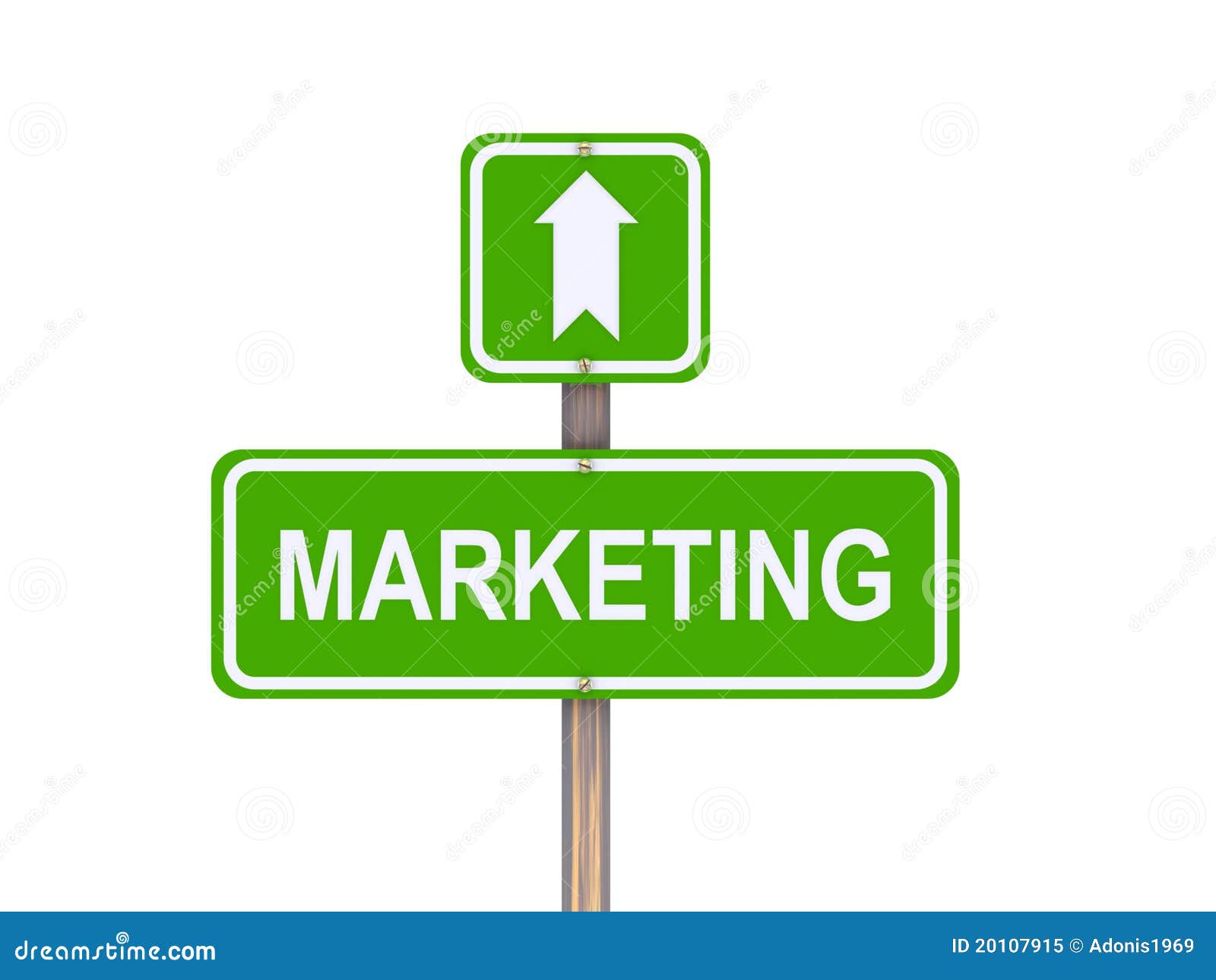Marketing & Sales consulting - McKinsey & Company


41 Must-Have Digital Marketing Tools to Help You Grow - Sprout Social

What is digital marketing? - 99designs
Some Known Details About Marketing - Wikipedia
Consumer to client marketing or C2C marketing represents a market environment where one client purchases goods from another client utilizing a third-party service or platform to assist in the deal. C2C business are a new type of design that has emerged with e-commerce technology and the sharing economy. The various objectives of B2B and B2C marketing cause distinctions in the B2B and B2C markets. The main differences in these markets are demand, purchasing volume, variety of consumers, customer concentration, distribution, purchasing nature, purchasing impacts, settlements, reciprocity, leasing and marketing approaches. Need: B2B need is derived since companies purchase items based on how much need there is for the last consumer product.
B2C demand is mainly due to the fact that consumers purchase products based upon their own desires and needs. Buying volume: Businesses purchase items in big volumes to disperse to consumers. Consumers buy products in smaller sized volumes ideal for individual use. Number of consumers: There are relatively less organizations to market to than direct consumers. Keep Checking Back Here : Companies that specialize in a specific market tend to be geographically concentrated while clients that purchase items from these organizations are not concentrated. Distribution: B2B items pass directly from the manufacturer of the item to the service while B2C products should in addition go through a wholesaler or seller.
What Does USAA's CMO on how the insurance brand is changing its Do?
Buying impacts: B2B buying is affected by several people in numerous departments such as quality control, accounting, and logistics while B2C marketing is just influenced by the individual making the purchase and perhaps a few others. Settlements: In B2B marketing, negotiating for lower prices or added benefits is commonly accepted while in B2C marketing (particularly in Western cultures) costs are repaired. Reciprocity: Services tend to purchase from businesses they sell to. For example, an organization that offers printer ink is most likely to buy office chairs from a provider that purchases business's printer ink. In B2C marketing, this does not take place since consumers are not likewise selling products.

